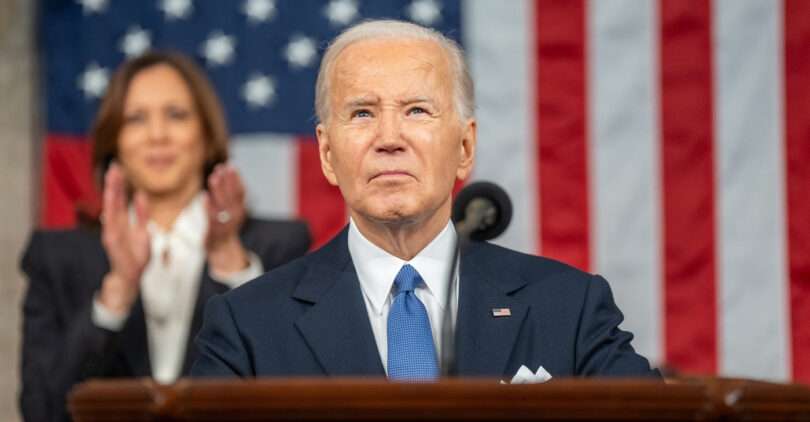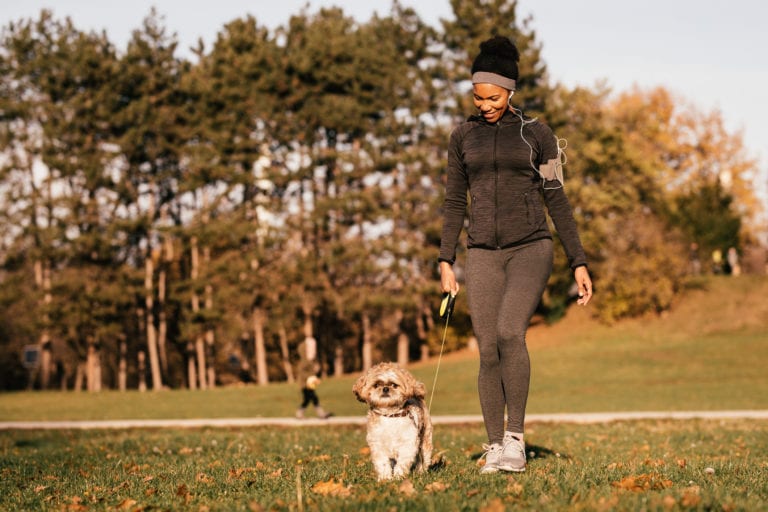President Joe Biden announced the largest single-day grant of clemency in modern history, commuting the sentences of nearly 1,500 individuals and pardoning 39 others convicted of non-violent crimes. Officials said the move reflects the administration’s dedication to criminal justice reform and the belief that individuals who have shown rehabilitation deserve the opportunity to fully reintegrate into society.
The commutations apply to individuals who were placed on home confinement during the COVID-19 pandemic under the CARES Act. The individuals have spent at least a year demonstrating their commitment to rebuilding their lives, securing employment, advancing their education, and supporting their families. The White House said the 39 pardoned individuals, many of whom were convicted of nonviolent drug offenses, are now contributing members of their communities, working as veterans, healthcare professionals, teachers, and advocates.
Biden’s actions include individuals such as:
- Nina Simona Allen of Harvest, Alabama, is a 49-year-old woman who, after a non-violent conviction in her 20s, earned a post-baccalaureate degree and two master’s degrees. She works in education and volunteers at a soup kitchen and nursing home.
- Kelsie Lynn Becklin of Falcon Heights, Minnesota, a 38-year-old woman who completed a Ph.D. and mentors formerly incarcerated individuals pursuing higher education.
- Duran Arthur Brown of Cleveland, Ohio, a 44-year-old U.S. Navy veteran who works in education and is described as caring and compassionate.
- Norman O’Neal Brown of Washington, D.C., a 56-year-old man whose sentence for non-violent drug offenses was commuted by President Obama in 2015. He now works with non-profits focused on rehabilitation and reentry.
- Rosetta Jean Davis of Colville, Washington, is a 60-year-old woman who works as a peer supporter for those struggling with substance abuse.
- Michael Gary Pelletier of Augusta, Maine, a 67-year-old Coast Guard veteran who participated in more than 790 search-and-rescue operations and volunteers to support wounded veterans.
In addition to these commutations and pardons, the White House noted that Biden is the first president to issue categorical pardons for individuals convicted of simple marijuana use and possession. He also pardoned former LGBTQI+ service members who were punished due to their sexual orientation.
“The President has issued more sentence commutations at this point in his presidency than any of his recent predecessors at the same point in their first terms,” White House officials stated.
Biden’s clemency actions address sentencing disparities, particularly for non-violent drug offenses. Many of the individuals receiving commutations today would have received shorter sentences under current laws.
“America was built on the promise of possibility and second chances,” Biden insisted. “As President, I have the great privilege of extending mercy to people who have demonstrated remorse and rehabilitation.”
Those granted clemency come from diverse backgrounds, including military veterans, healthcare workers, addiction counselors, and community volunteers:
- Arthur Lawrence Byrd of Clinton, Maryland, a 58-year-old equipment operator who contributes to his church’s coat drive and food pantry.
- Stevoni Wells Doyle of Santaquin, Utah, is a 47-year-old licensed substance use disorder counselor who fosters animals and serves her community.
- Gregory S. Ekman of Fountain Valley, California, is a 58-year-old Air Force veteran who volunteers with youth groups and his local church.
- Emily Good Nelson of Indianapolis, Indiana, is a 39-year-old woman who completed bachelor’s and master’s degrees and works in healthcare while volunteering in addiction recovery programs.
- Nathaniel David Reed III of San Antonio, Texas, a 46-year-old Air Force veteran who achieved the rank of Master Sergeant and mentors fellow airmen.
Biden signaled that more clemency actions could follow.
“I will take more steps in the weeks ahead. My administration will continue reviewing clemency petitions to advance equal justice under the law, promote public safety, support rehabilitation and reentry, and provide meaningful second chances.”
By: Stacy M. Brown, NNPA Newswire








